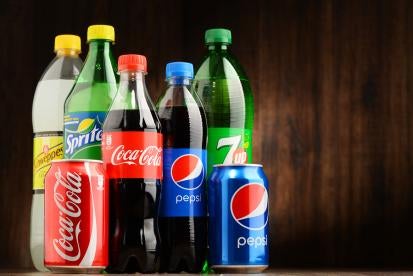When America’s war on heart disease was kicked into gear by President Eisenhower’s heart attack in 1955, dietary fat was deemed the culprit. In an effort to improve health, people sought low-fat alternatives to their favorite foods. The market reacted and “low fat” products began appearing. But over the last few years, nutritionists have increasingly blamed sugar and carbohydrates, rather than fat, for heart-health issues. Not surprisingly, product labeling and advertising evolved to address consumer perceptions. Products touting “reduced sugar” content or “no sugar added” became almost ubiquitous on supermarket shelves.
Because the descriptor “low sugar” is undefined by Food and Drug Administration (FDA) regulation, the FDA has issued warning letters to companies, making it clear that the use of “low sugar” on products is prohibited.
But what about the phrase “just a tad sweet”? Is that tantamount to a “low sugar” claim? This is what the plaintiffs have argued in a recent class action filed against Coca-Cola, which accuses the company of misleading consumers. Plaintiffs claim that the average consumer interprets that statement as a “low sugar” claim despite the fact that Honest Tea contains what plaintiffs argue is a “significant” amount of sugar—15 grams.
As in most labeling cases, the plaintiffs will have a tough road ahead. Because the FDA has yet to weigh in on the “just a tad sweet” terminology, there is no basis for federal preemption. Moreover, the hurdle of proving damages on a class-wide basis is substantial where it appears unclear how the purported misrepresentation impacted the sales price of the tea.
Most importantly, Plaintiffs must satisfy the reasonable consumer standard. As colorfully described by Judge Greaney, the relevant standard “depends on the likely reaction of a reasonable consumer rather than an ignoramus.” (1) There is no doubt that Coke will likely take full advantage of this standard, particularly where Honest Tea’s sugar content is clearly stated on the product’s nutritional fact panel. Thus, as with many labeling cases, the class plaintiffs’ fundamental challenge will be to convince the Court that they are attempting to rectify a concrete harm to consumers at large—not that their claims are lacking “just a tad” of common sense.
(1) Aspinall v. Philip Morris Cos., 813 N.E.2d 476, 487 (Mass. 2004).






 i
i


